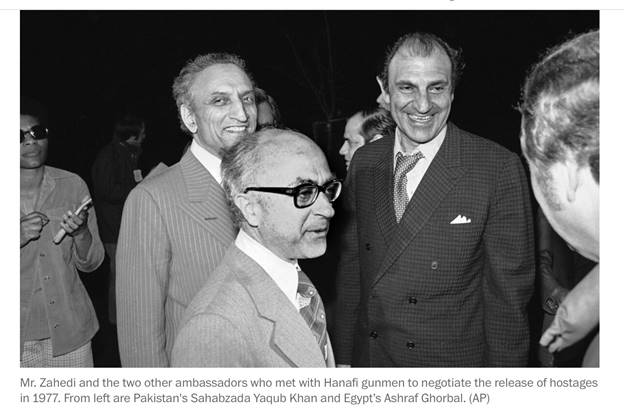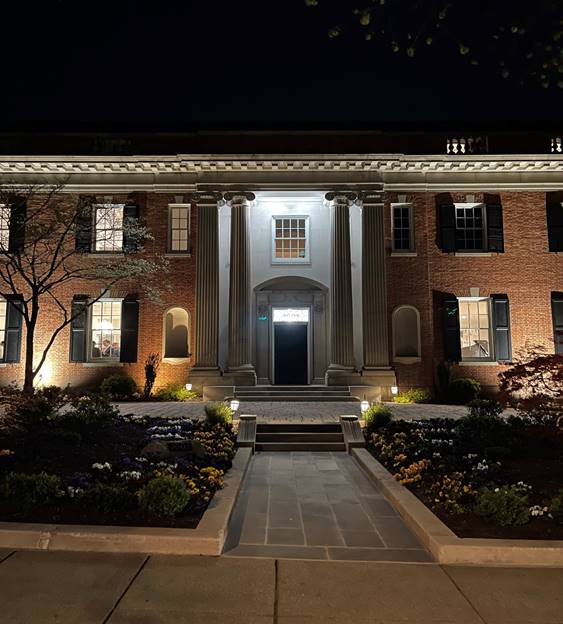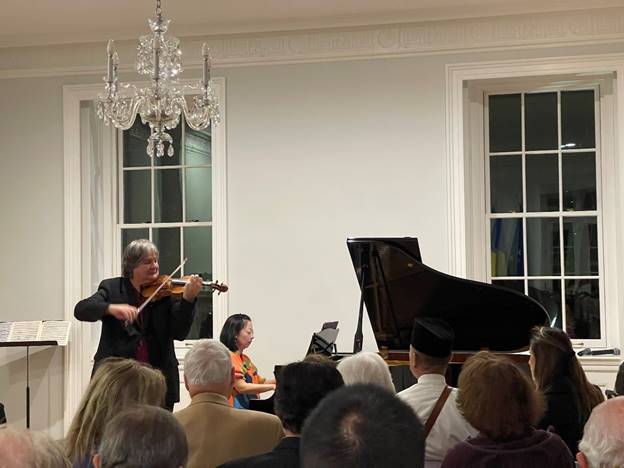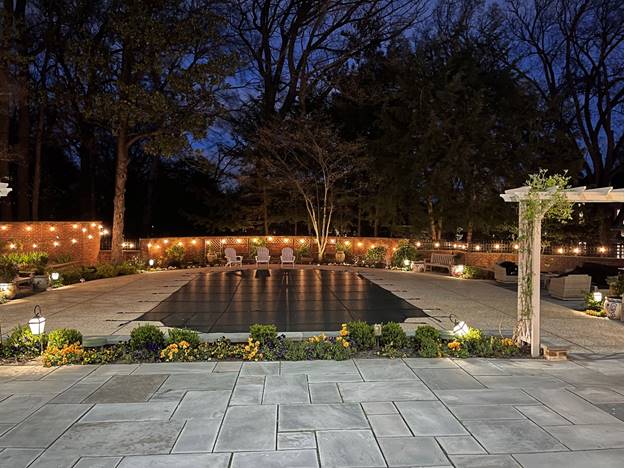



As the World Turns Diplomatically
By C. Naseer Ahmad
Washington, DC

The sun hung low in the sky over Washington DC. From the living room window of the Romanian Ambassador's residence, one could sense a gentle breeze stirring the trees lining Massachusetts Avenue, the epicenter of diplomatic Washington.
Though I had once served on the Board, this evening I was merely a guest at the Embassy Series concert, jointly hosted by the Embassy of Romania, featuring the virtuosic talents of Romanian-born violinist Liviu Prunaru and Taiwanese-born pianist Dr Chih-Yi Chen. Their performances enchanted the audience, which included bright young students and esteemed guests such as H.E. Nazri Aziz, Ambassador of Malaysia accompanied by his wife, and Ms Ann Howard-Tristani, niece of the late US Vice-President Hubert Humphrey.
It was an unforgettable evening, not only for the music but also for the conversations that ensued.
As I perused the brochure outlining 20 key facts about Romania, three points stood out: the longstanding diplomatic relations between Romania and the United States dating back to 1880, their shared history as pioneering oil producers, and Romania's status as home to Europe's most potent laser.
Though easily researched, the storied history of the grand mansion was palpable. Originally built by Alanson Bigelow Houghton, an American politician and diplomat, it gained prominence during its tenure as the official residence of Ardeshir Zahedi, the charismatic Iranian ambassador and son of Gen Fazlollah Zahedi.
In a poignant obituary published in the Los Angeles Times, Jon Gambrell captured Zahedi's larger-than-life persona, chronicling his presence in Washington's social circles alongside luminaries like Henry Kissinger and Elizabeth Taylor.
As I stepped into the expansive courtyard, I couldn't help but imagine scenes of past soirées, with Henry Kissinger holding court and Elizabeth Taylor pursued by Ambassador Zahedi and later by Navy Secretary, and eventual Senator, John Warner, who ultimately won her heart.
Reflecting on Zahedi's legacy, as recounted in the Washington Post, I marveled at how his embassy parties became symbols of social acceptance in Washington, overshadowing even the monumental task of navigating the Hanafi hostage crisis with diplomacy and grace.
As I reentered the room, still echoing with the harmonies of Bach and Beethoven, I couldn't help but envision Zahedi, alongside his diplomatic counterparts Ambassadors Sahibzada Yaqub Khan of Pakistan and Ashraf Ghorbal of Egypt, strategizing to secure the release of hostages and negotiate a peaceful resolution to the crisis. The gravity of the situation was such that even President Jimmy Carter hesitated to proceed with the customary 21-gun salute for the visiting British Prime Minister, fearing it might be misconstrued as a precursor to police intervention by the hostage takers.
Passing the Japanese Embassy on Massachusetts Avenue earlier that evening evoked memories of historical tensions but also moments of profound reconciliation, like Ambassador Shigeo Yamada's heartfelt homage to a centenarian veteran of the battle of Iwo Jima during a special ceremony at the official residence. The radiant smile etched on the face of the aging warrior left an indelible mark on my memory.
Contemplating the future, I pondered the possibility of restored relations between Iran and the US, recognizing that in diplomacy, as in life, never say never. And as the sun dipped below the horizon, I couldn't help but wonder what new chapters this storied mansion might yet witness, echoing with the strains of traditional Persian music and the aromas of sumptuous Iranian cuisine. Only time will tell. In the meantime, let me leave you with the words of the lyricist Shakeel Badayuni sung by Mohammad Rafi in the 1948 epic ‘Mela.’
Bigraygi aur banegi, duniyaa yahi rahegi
Honge yahi jhamele Honge yahi jhamele
Ye zindagi ke mele Ye zindagi ke mele
Duniyaa me kam na honge Afasos ham na honge
After devastation, the world heals its wounds,
Continuously, the globe spins.
Concerns persist, relentless in their churn,
These gatherings endure,
Though we may not witness their culmination.

